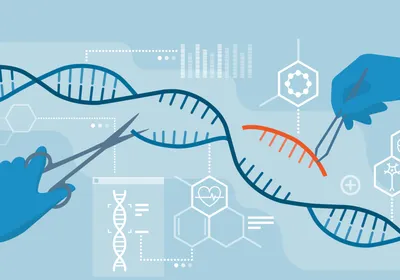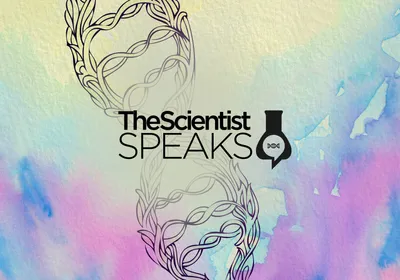 A human embryo at seven weeksWIKIMEDIA, OPENSTAX COLLEGEEver since researchers in China published a Protein & Cell paper this April detailing their use of CRISPR/Cas9 gene editing in early human embryos, a debate over the bioethics of such work has been raging. The National Institutes of Health (NIH) quickly issued a statement indicating that it would not fund such research in humans, but some life scientists disagreed.
A human embryo at seven weeksWIKIMEDIA, OPENSTAX COLLEGEEver since researchers in China published a Protein & Cell paper this April detailing their use of CRISPR/Cas9 gene editing in early human embryos, a debate over the bioethics of such work has been raging. The National Institutes of Health (NIH) quickly issued a statement indicating that it would not fund such research in humans, but some life scientists disagreed.
Now the Hinxton Group—an international consortium of stem-cell researchers, policy wonks, and bioethicists—has come out in favor of research that involves using CRISPR/Cas9 to edit genes in human embryos but not for the creation of designer offspring. “We all agreed that while this technology has tremendous value to basic research and enormous potential for somatic clinical uses, it is not sufficiently developed to consider human genome editing for clinical reproductive purposes at this time,” the group said in a statement released yesterday (September 9). “Genome editing has tremendous value as a tool to address fundamental questions of human and non-human animal biology and their similarities and differences.”
The Hinxton Group’s position is more or less aligned with that of Emmanuelle Charpentier of Germany’s Helmholtz Centre ...






















